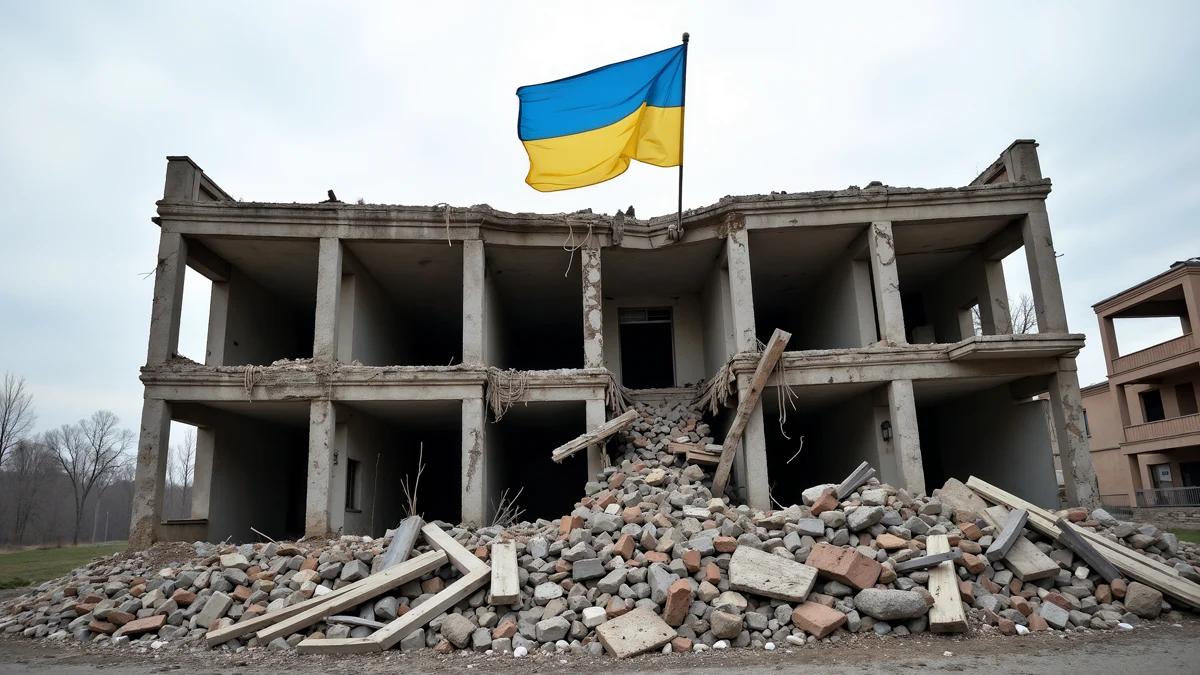
Recognition of Force Majeure by the Ukrainian CCI
The Ukrainian Chamber of Commerce and Industry (CCI of Ukraine) on February 24, 2022, officially declared the occurrence of force majeure circumstances due to hostilities which cannot be contained and/or stopped within the country due to the armed aggression of the Russian Federation against Ukraine, making it impossible for businesses to fulfill their obligations under existing contracts. Certification from the CCI is a critical step as it will be a very important step that the affected companies must take to give formal documentation in proving that non-performance is due to uncontrollable and exceptional circumstances.
Ukrainian legislation, particularly Article 617 of the Civil Code and Article 218 of the Commercial Code and the Law of Ukraine No. 4196-IX “On the Specifics of Regulating the Activities of Legal Entities of Certain Organizational and Legal Forms During the Transitional Period and Associations of Legal Entities”, regarding the repeal of the Civil Code as of October 9, 2025), establishes special regulations for the activities of certain legal entities during the transitional period. This law stipulates that the Civil Code of Ukraine (CC) will not be in force as of October 9, 2025*. Consequently, the legal norms governing the activities of legal entities will be revised, and it is likely that new legislation will be introduced to replace the current Civil Code.
These legal aspects provide a legal foundation for force majeure claims. The CCI’s confirmation is not automatic relief from obligations but serves as proof of extraordinary circumstances beyond a party’s control. The National Bank of Ukraine (NBU) has also recognized force majeure in specific financial and banking contexts, which has implications for loan payments and compliance with financial regulations.
What Is Force Majeure?
In contract law, force majeure is a common clause in contracts which essentially frees both parties from liability or obligation when an extraordinary event or circumstance beyond the control of the parties, such as a war, strike, riot, crime, epidemic, or sudden legal change prevents one or both parties from fulfilling their obligations under the contract.[1] In other words, force majeure refers to unforeseen, external events that prevent a party from meeting its contractual obligations. To be considered as such, events need to be uncontrollable and be beyond the party’s control and not within their sphere of responsibility. In the case of the conflict in Ukraine, many companies experience problems with production, distribution, and delivery. Delays also occur regarding deadlines, warranties, and other contract conditions.
Force majeure also applies to broader economic impacts: sanctions, border closings, logistical discontinuation, and the destruction of assets. Generally speaking, the force majeure clause protects from liability but does not serve automatically to terminate obligations. Businesses might still be obligated to mitigate damages and show they did everything reasonably possible to try to perform duties.
The Role of Force Majeure Clauses in Contracts
The applicability of force majeure will depend, to a great extent, on the actual wording of the force majeure clause in the contract. Contracts that clearly include terms such as “war,” “armed conflict,” or “hostilities” are more likely to support a claim of force majeure. On the other hand, clauses which do not deal with such events may require a broader interpretation.
Of course, there are also sanctions against Russia and Belarus, imposed by the European Union, United Kingdom, and United States adding another dimension to the problem. While usually not specifically named as force majeure events, their strong impact on trade, supply chains, and financial transactions will in most cases be sufficient to justify coverage under more general provisions. What their decisions show is that courts and arbitration panels have looked favorably upon force majeure claims when contracts had broadly defined clauses covering political risk and the actions of governmental authority.
Legal Framework according to Dutch, EU, and International Law
Under Dutch law, Articles 6:75 and 6:76 of the Civil Code discharge parties from liability in case performance becomes impossible due to unforeseen circumstances. Other than this, some provisions under the GDPR relevant to businesses affected by the conflict, especially those businesses involved in cross-border data processing, include Article 28, Article 4(16), Article 4(23), Article 56. Article 28 of the GDPR allows for the renegotiation of obligations in case compliance becomes impracticable. Article 4(16) defines “main establishment,” which is relevant in cases when businesses operate in more than one jurisdiction. Article 4(23) covers cross-border data processing, often an issue in disrupted supply chains. Article 56 designates Lead Supervisory Authorities(LSAs) to monitor compliance for cross-border operations during extraordinary events.
Internationally, the principles on force majeure are taken within the set provisions of the United Nations Convention on Contracts for the International Sale of Goods (CISG). Many international contracts refer to the International Chamber of Commerce (ICC) “force majeure” clause, which affords a coherent method of stating the question of liability.
Interpreting and Applying Force Majeure Clauses
For the force majeure claim to be enforceable, specific terms and intent of the clause are crucial. A clear definition of force majeure event shall be present in the contract, such as ‘war’, or ‘sanctions’ to ensure enforceability. Additionally, broader terms like “conflict” or “hostilities” may be more appropriate to account for situations like the Ukraine conflict. The current issue with the interpretation in light of the situation between Russia and Ukraine is that Russia has not declared war, which has raised some questions as to whether the situation at hand constitutes “war” in the classical sense. To bypass such confusion in the future, authorities recommend that agreements use terms such as “armed conflict,” “peacekeeping mission,” or “hostilities”. Furthermore, force majeure claims must be timely and well-documented. Delays in notifying counterparties or failure to demonstrate that performance was impossible—not merely inconvenient—can lead to rejected claims.
Certification and Documentation
The CCI of Ukraine’s certification is essential for businesses claiming force majeure. This simply serves as proof of being unable to perform what is expected due to conflict. It is, however, important to note that certification alone cannot automatically discharge the liabilities of one party with respect to the other. Contract terms and the governing law must also support such a claim.
A certificate is a document in the prescribed form of the Chamber of Commerce and Industry (CCI) of Ukraine, issued by the CCI of Ukraine or a Regional Chamber of Commerce in accordance with applicable legislation, the terms of a contract (agreement, treaty, etc.), and the approved regulations.
The mere presence of a certificate is insufficient, as the inability to fulfill an obligation due to force majeure must also be proven in court. This requires demonstrating a causal link between the force majeure event (as defined by applicable legislation) and the objective inability to fulfill the obligation. This interpretation is consistent with the conclusions of the Supreme Court in its ruling of November 30, 2021 in Case No. 913/785/17.
Businesses should keep specific records of any disruptions to their operations caused by the conflict. Documenting supply chain disruption, financial losses, or an inability to provide goods and services will be critical in arguing force majeure claims and negotiating with contractual counterparts. Most importantly, proactive engagement with legal professionals will be key in trying to understand the claims process.
Recommendations for Businesses
Businesses should consider reviewing contracts for force majeure provisions that cover the conflict and, where possible, renegotiate to use broader terms such as ‘conflict’ or ‘sanctions.’ In the future, such agreements should explicitly include war, armed conflict, and sanctions as triggers. Finally, firms should look to make alternative sourcing, logistics routes, or operational changes where necessary to mitigate risk and ensure continuity.






